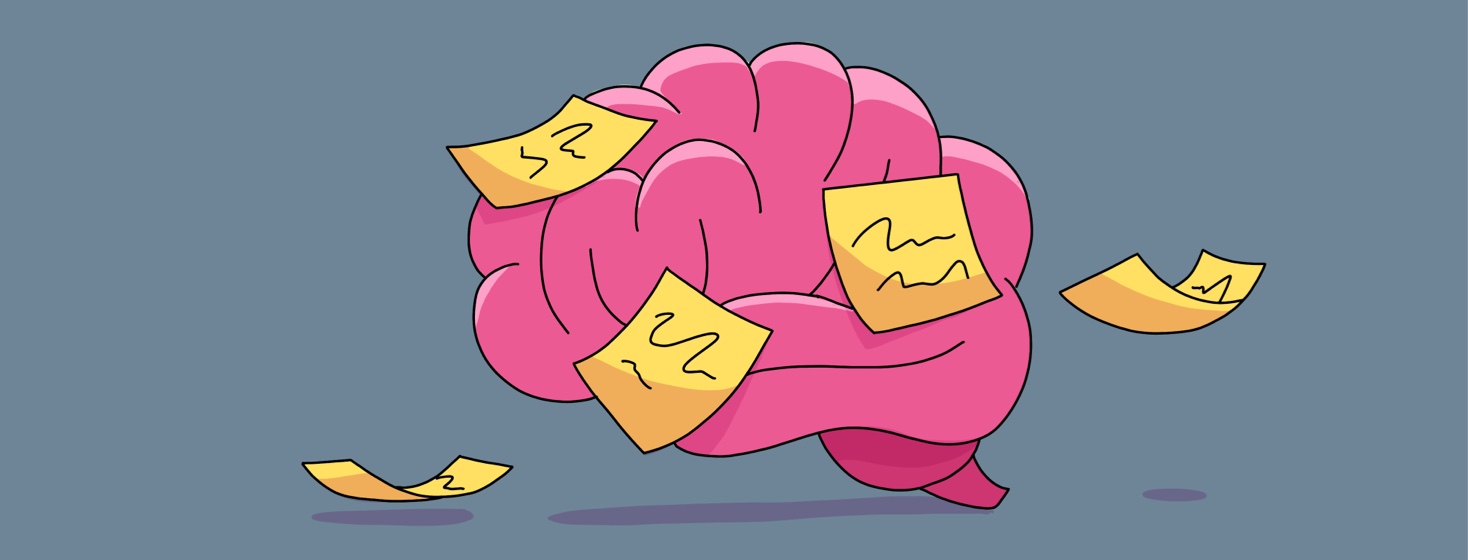Combatting Chemo Brain
During my chemotherapy treatment for follicular lymphoma I began to feel a little foggy, forgetful and at times had difficulty concentrating. I began to forget things that I usually remembered. As a “type A” personality, I prided myself on being organized, however, I was now becoming disorganized and misplacing objects. At first, I tried to ignore these symptoms but as they continued, I decided to read about these symptoms and talk with my oncologist.
Learning about chemo brain
I learned that chemotherapy may slow the growth of cells in areas of the brain that influence memory and learning. In addition, other factors such as the drugs used to manage the side effects of chemotherapy, sleep disturbances, fatigue, inadequate nutrition, stress, and anxiety can add to the symptoms of chemo brain. The literature described symptoms such as reduced mental sharpness, trouble finishing certain tasks, inability to focus, a short attention span, trouble multi-tasking, difficulty remembering common words or the inability to find the right words to finish a sentence. Sadly, I experienced many of these symptoms and was worried about my ability to function as a nursing instructor. This only added to my anxiety.
Fortunately, both my oncologist and nurse practitioner were supportive and knowledgeable and together we explored possible interventions. The following suggestions may be helpful:
- Understand what influences your memory problems. If you become more easily distracted when tired or hungry, plan difficult tasks that require concentration when you have rested or eaten. I found this helpful when dealing with bills or paperwork, I addressed it early in the morning when I was rested.
- Consider new coping strategies. Utilize a planner, calendar, outline your projects, to-do lists, organize your workplace. I found my smartphone application to be helpful. I still have trouble at times with remembering passwords.
- Try stress relief techniques. Understand that stress can influence the chemo brain. Take time each day to relax. I found the practice of yoga relaxing. It is suggested that art therapy, music therapy, and spirituality may also help.
- Clear your mind of distractions. I found my mind to be like a video camera at times with worries or tasks to be accomplished. Instead, I now keep paper and pen nearby so that I can write them down and no longer think about them.
- When doing a task that requires concentration, try to find a quiet place as noise can be a distraction.
- Exercise can also help you cope with stress and fatigue. I discovered a walk in the fresh air helped to clear my head and improve my mood.
- Speak with your physician and describe your specific symptoms. Keep a journal of your memory lapses, note what you were doing, identify what helps or makes it worse.
I found many of these interventions helpful as I returned to my teaching position and hope that my fellow blood cancer survivors will also benefit.

Join the conversation